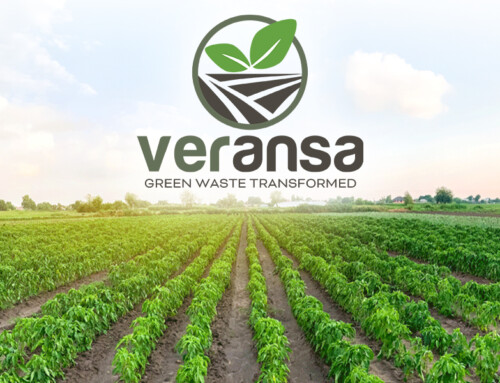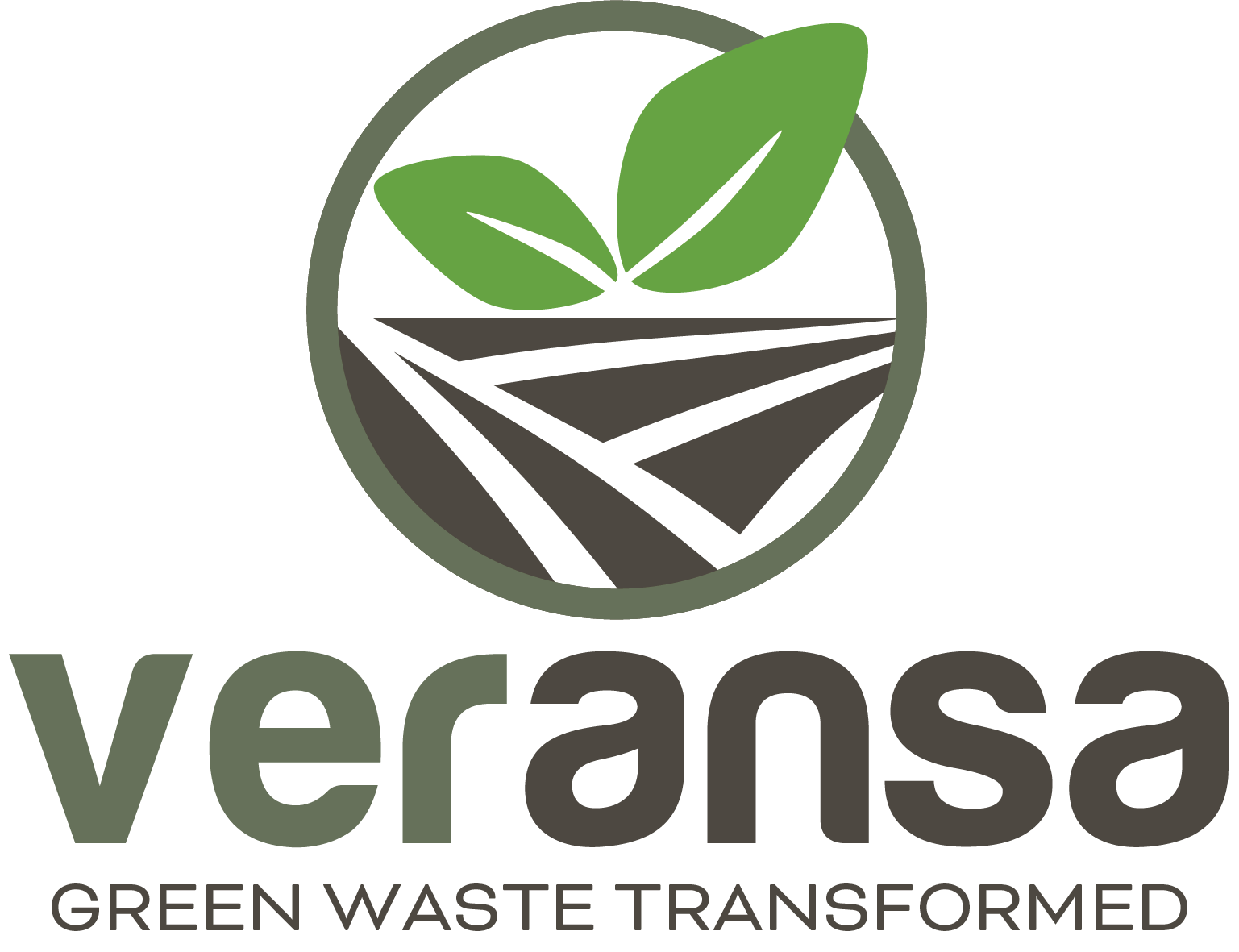As Earth Day 2023 approaches, we would like to reflect on how we can all contribute to a more sustainable, liveable future. We can start by becoming more aware of the challenges before us. Challenges for which we do have viable solutions. One such challenge we would like to discuss is that of soil degradation and desertification of once fertile agricultural soil. So let’s talk soil, shall we?
Soil is not just a mixture of dirt; it is the lifeblood of our planet. In fact, a staggering 95% of global food production is entirely dependent on this miraculous resource. But the significance of soil extends far beyond just being the source of our food; it is the foundation of all terrestrial life, providing a home to a quarter of all land-dwelling species, and serving as a crucial carbon and water storage, contributing significantly to climate change mitigation, and preventing devastating floods.
Unfortunately, soils worldwide are facing degradation, threatening their ability to continue providing us with the vital benefits we rely on. To ensure the sustained functionality of soil, there is a growing awareness of the need to promote good soil structure through agricultural and environmental policies. The ability of soil to deliver its vital services is intrinsically linked to its structure, and hence it should be conserved and restored to its optimal state.
It is time to acknowledge the importance of soil and take meaningful action toward conserving it. The sustainable use of soil is essential for the well-being of our planet, and we should work together to protect it.
What is Soil Degradation?
Soil degradation is a complex and dire issue that occurs when the fundamental building blocks of soil are diminished, resulting in a decline in its ability to support the intricate ecosystem of plants and animals that depend on it. This can manifest in various forms, such as the loss of essential physical, chemical, and biological qualities that are necessary for sustaining life within it.
Furthermore, one of the most devastating effects of soil degradation is soil erosion, which occurs when the nutrient-rich topsoil is lost due to natural forces such as wind or human activities like improper land management. This leads to a vicious cycle of depletion, as the loss of topsoil and nutrients causes reduced crop yields, which in turn forces farmers to push the soil to its limits, exacerbating the problem. The ramifications of soil degradation are profound and far-reaching, affecting not only the health and well-being of the soil but also our ability to sustainably feed a growing global population.
What is the Extent of the Soil Degradation Problem?
The extent of soil degradation is a severe issue that cannot be ignored. According to the United Nations, up to 40% of the world’s land is currently degraded, leaving it depleted of vital natural resources, including soil fertility, water, biodiversity, trees, and native vegetation. The consequences of soil erosion are far-reaching, with disrupted nutrient cycles leading to the loss of fertile land, organic carbon, and biodiversity. Additionally, excessive sediment load causes destruction to infrastructures such as roads, dams, water supply networks, railways, and more.
The impact of soil degradation is not limited to the natural environment; it significantly affects hundreds of industries worldwide. This includes the agricultural sector, as well as growers of hemp, organic crops, sod, berries, vegetables, and melons. Ornamental nursery product growers, landscape supply companies, and landscape architects are also severely affected. Moreover, retail nurseries and garden stores, public golf courses, and municipalities and cities’ public works and utility directors are all impacted by the consequences of soil degradation.
The Agriculture Industry’s Impact on Soil Degradation
The causes of soil degradation are multifaceted, with both natural and human factors playing a role. Yet, while soil degradation is a naturally occurring process, it has been accelerated by human activity. The widespread adoption of intensive farming practices, such as deforestation, overgrazing, and intensive cultivation, has resulted in the accelerated degradation of soil in recent years.
Heavy tilling is another detrimental practice that further exacerbates this problem by releasing carbon and water into the atmosphere while simultaneously destroying the living organisms that create healthy soil. These organisms include beneficial bacteria and fungi, which are crucial for maintaining a fertile and productive soil ecosystem. Unfortunately, modern agricultural practices that rely heavily on chemical fertilizers, pesticides, and herbicides have only compounded the issue, making it a major global concern that demands immediate attention.
In light of these challenges, adopting sustainable land management practices that promote soil health and minimize soil disturbance is critical. This can include practices such as conservation tillage, cover cropping, and crop rotation, which help to rebuild soil organic matter and promote healthy soil microbiology. Adding 2-3% more organic matter back into our soils is a key strategy for effectively regenerating them. A thriving soil ecosystem is brimming with beneficial organisms and nutrients essential for plant growth and productivity. Healthy soil also possesses a robust structure that facilitates optimal drainage and airflow while simultaneously preventing soil erosion.
Moreover, healthy soils are highly efficient at retaining water, which is critical for crop growth and conservation efforts. Additionally, healthy soils retain chemicals and prevent them from leaching into the waterways, promoting environmental sustainability. Furthermore, using organic compost can further enhance soil health, as some beneficial organisms can break down harmful organic and chemical compounds. By prioritizing the promotion of healthy soil, we can forge a path towards a prosperous and sustainable future for agriculture and the environment.
What is the solution to soil degradation?
Soil degradation is a critical issue that requires immediate attention. The solution to this problem lies in the regeneration of depleted soils, which involves rebuilding the soil structure and restoring the natural balance of nutrients. This can be achieved through a range of sustainable land management practices that prioritize soil health and minimize soil disturbance.
One of the most effective approaches to soil regeneration is the use of cover crops. These are plants grown specifically to protect and enrich the soil, and they offer numerous benefits. Cover crops help to prevent soil erosion, increase soil organic matter, and provide a habitat for beneficial insects and microbes. They also help to restore nutrients to depleted soils, making them an excellent option for regenerating ag soils.
Another approach is to use crop rotation, which involves planting different crops in a particular field over time. This practice helps to maintain soil fertility, reduce soil erosion, and increase crop yields. By rotating crops, farmers can avoid depleting the soil of specific nutrients and promote healthy soil.
Composting is also a highly effective way to regenerate depleted ag soils. Compost is a natural fertilizer made from decomposed organic matter. It is rich in nutrients and helps to increase soil organic matter, which is essential for healthy soil. By using compost, farmers can restore the natural balance of nutrients in the soil and promote soil health. To achieve the ultimate soil regeneration, Veransa’s REGEN Florida Organic Compost® is the solution.
Regenerate Depleted Soils with REGEN Florida Organic Compost®
REGEN Florida Organic Compost® has an unmatched capacity to rejuvenate even the most infertile soils, converting them into a flourishing ecosystem. Our mission is to replenish exhausted agricultural lands by reintroducing top-quality organic matter into the soil. REGEN serves as a potent probiotic boost for the earth, facilitating the development of sturdy vegetation and supporting the well-being of our planet.
REGEN Florida Organic Compost® offers a transformative solution for crop production that delivers an exceptional range of benefits:
- Unleash the full potential of your crops with unparalleled yields that will leave you astonished.
- Conserve water in a remarkable way, reducing your usage by an impressive 30% and ensuring this precious resource is available for generations to come.
- Say goodbye to harmful chemical fertilizers and pesticides and embrace a natural and sustainable alternative that provides all the nutrients your crops need to thrive.
- Build a strong and healthy soil structure that will prevent erosion and ensure the long-term health of your crops.
- Enrich your soil with a diverse array of beneficial macro and microorganisms, including potent bacteria and fungi, that work tirelessly to promote plant growth and enhance soil health.
- Infuse your soil with essential macronutrients that will guarantee optimal plant growth and health.
- Protect watersheds and waterways by reducing the use of harmful chemicals and improving the soil’s holding capacity, ensuring the health of our planet’s water resources for years to come.
What’s more, Veransa’s REGEN Florida Organic Compost® is the only compost of its kind in SW and Central Florida. It is not only certified organic, but it is also OMRI Listed®, and STA Approved by the US Composting Council. This means that our product is guaranteed to meet the highest standards of quality and sustainability and has been rigorously tested and approved for use in organic farming operations.
With Veransa’s REGEN Florida Organic Compost®, you can trust that you are using the most innovative and eco-friendly compost available in the region and that you are contributing to the health and sustainability of our planet.
We believe we can regenerate depleted agricultural soils by adding premium organic matter to the soil.
Our REGEN Florida Organic Compost® is a probiotic for the soil. It can revive even the most depleted soils…even the sandy soils of Florida.
Visit our website to learn more, or contact us for a quote.





